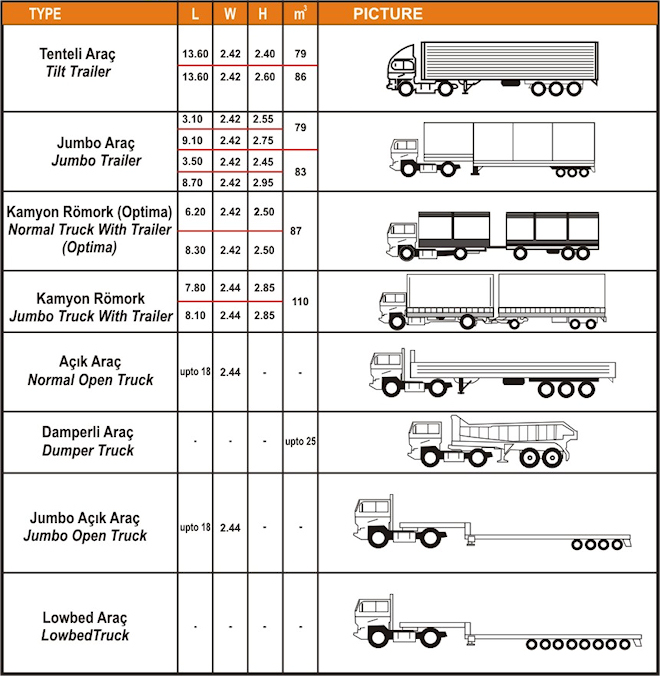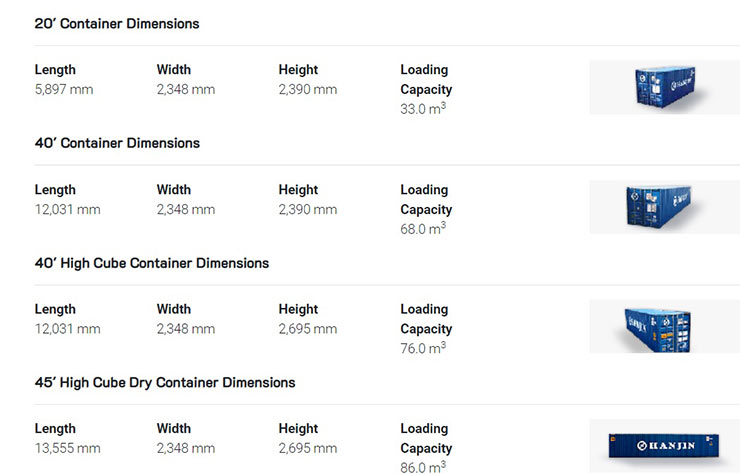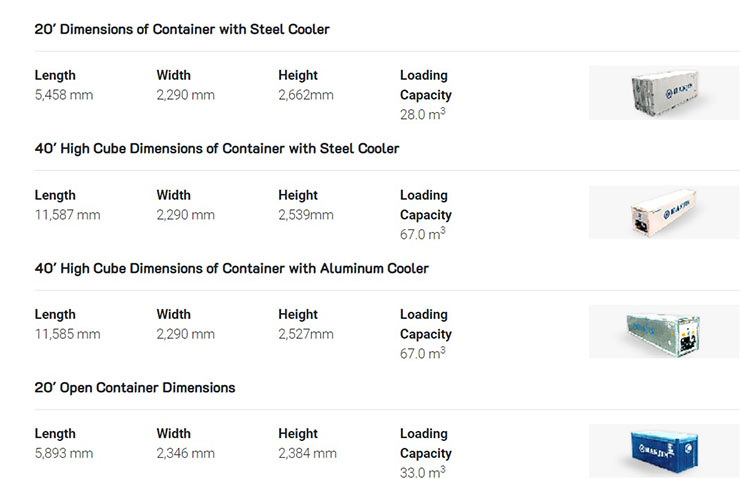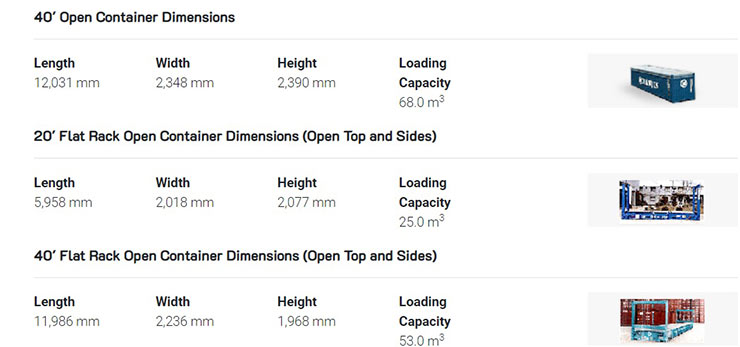Incoterms
IATA(International Air Transport Association) :
International Air Transport Association
ICAO(International Civil Aviation Organization):
International Civil Aviation Organization
WARSAW CONVENTION:
The protocol on international carriage by air signed between several countries, including Turkey, in 1929. In 1955, it was amended by The Hague Protocol. It consists of 41 articles.
CARRIER :
The carrier, Airline
FORWARDER :
Organizing firm that conducts operation of land rout, airline and railway carriage, as well as related insurance services through an active network of agencies
AIRWAYBILL :
Air consignment note
Master AWB / House AWB :
Main consignment / Intermediary consignment
CASS (Cargo Account Settlement System) :
System to monitor accounts between CASS member airlines and their IATA cargo agencies
TACT (The Air Cargo Tariff) :
Air Cargo Tariff Book
FREIGHT PREPAID :
Freight with advance payment
FREIGHT COLLECT :
Freight paid by counterparty
KONSOLİDE :
Collect cargo by multiple senders under same waybill
BREAK BULK :
Separation of consolidated cargo
BACK TO BACK :
One-by-one loading. Sending the cargo, belonging to a single consigner, with a single consignme
DANGEROUS GOODS :
Hazardous materials
HANDLING :
Controlling, managing, carrying or using with hand
EX WORKS (EXW) :
“Ex works” means the seller fulfils delivery obligation by keeping the goods at its workplace (factory, storehouse etc.) for purchaser. Unless otherwise agreed, the seller is not responsible for loading the goods to a vehicle provided by purchaser or for clearing the goods through export customs. The buyer undertakes responsibility for any expenses and risks about the carriage of goods beginning from the workplace of seller until the destination. This type of sale comprises least liability for seller among all other methods.
Only the packaged goods are included within the sale price indicated under the contract in this delivery type. In other words, as of delivery date, the buyer covers all expenses with regard to transport, loading, unloading and insurance.
FREE CARRIER (FCA) :
In this type of delivery, the delivery liability of seller ends once the goods are cleared through export customs and delivered to the prescribed carrier at the prescribed site or point.
In case the buyer has indicated no precise place of delivery, the seller may determine a site near where the carrier will receive the goods. In case commercial applications require assistance by seller for establishment of a contract with the carrier (e.g. in railroad and airway carriage), the seller may act in such manner that all risks and expenses are covered by the buyer.
FREE ALONGSIDE SHIP (FAS) :
“Free Alongside Ship” means the seller delivers the goods when they are placed alongside a ship at prescribed port of loading. As of then, the buyer undertakes any expenses, damages or losses, as well as relevant risks about the goods.
FAS requires customs clearance of goods by the seller for exportation.
IT IS THE OPPOSITE OF PREVIOUS INCOTERMS VERSIONS THAT STIPULATE FULFILLMENT OF CUSTOMS CLEARANCE PROCESSES FOR EXPORTATION BY THE BUYER.
Nevertheless, in case the parties agree that the buyer will carry out customs clearance of goods for exportation, such condition should be explicitly indicated within contract of sale.
This term applies only for sea or inland transport.
FREE ON BOARD (FOB) :
In this method, the seller is considered to have fulfilled its liability of delivery once the goods reach the ship’s rail at prescribed port of loading. From then on, buyer undertakes any expense, loss, damage or risks about the goods. In case the ship rail signifies nothing in practice (such as in roll-on/roll-off or container carriage), the term FCA will be more appropriate to employ
COST AND FREIGHT( CFR) :
In this method, the seller has to pay all relevant costs and freight in order to dispatch the goods to prescribed port of destination. Nevertheless, any loss and damage risks as well as possible rise in expenses with regard to goods are handed over from seller to buyer once the goods attain the ship’s rail at port of loading.
CFR signifies that the seller should clear goods through customs for export.
COST, INSURANCE AND FREIGHT (CIF) :
In this method, the seller bears the same liabilities as in CFR. In addition, the seller has to provide seafreight insurance against loss and damage risks during goods transport. Seller makes the insurance contact and pays premiums. The buyer should be aware that in this method, the seller only has the obligation to provide minimum coverage.
This term also signifies that the seller has to clear goods through customs for export. This term is exclusively employed for seafreight and inland transport. In case ship’s rail has no significant meaning in practice, it is more appropriate to use the term CIP.
CARRIAGE PAID TO (CPT) :
In this method, the seller pays necessary freight for carriage of goods to the agreed destination. Risks related with loss and damage of goods, as well as any possible additional costs as of delivery to carrier, are handed over from seller to buyer once the goods are entrusted to supervision of carrier.
In a carriage contract, carrier is the entity that undertakes transport process through railway, land route, seaway, airway or inland or even a combination of the foregoing.
CARRIAGE AND INSURANCE PAID TO (CIP) :
In this method, seller bears all liabilities under CPT. In addition, the seller has to provide a cargo insurance against loss and damage during goods transport.
The seller makes insurance contracts and pays premium.
DELIVERED AT FRONTIER (DAF) :
In this method, the liability of seller ends when the goods are cleared through customs for export and rendered disposable at a border location or before the customs border of adjacent country.
The term “border” may be used for any border, including that of export country. Therefore, it is vital to always define the border precisely, so as to signify a point or location within terminology.
DELIVERED EX SHIP (DES) :
In this method, delivery liabilities of seller end once the goods are rendered disposable for the buyer before clearance through import customs on the board of the ship at the port of destination. The seller undertakes any expenses and risks for bringing the goods to prescribed port of destination. This term can only be used for seafreight or inland transport.
DELIVERED EX QUAY(Duty Paid) (DEQ) :
(on the condition of indicating port of destination as …) “Delivered ex quay” means that the seller delivers goods to the disposal of buyer at the quay of prescribed port of destination, without fulfilling necessary customs procedures for import. The seller has to undertake all damages and expenses with respect to carriage of goods to prescribed port of destination and their unloading at the quay. DEQ stipulates that the goods are cleared through customs for import and all relevant procedures, taxes, levies and duties are paid by the buyer.
IT IS THE OPPOSITE OF FOREGOING INCOTERM VERSIONS STIPULATING THAT THE BUYER HAS TO FULFILL CUSTOMS CLEARANCE PROCEDURES NECESSARY FOR IMPORT.
Nevertheless, in case the parties desire to incorporate, partially or as a whole, the expenses paid for goods importation within the liabilities of seller, such preference shall be clarified with an explicit provision duly added to sales agreement.
This term can only be used in case the goods will be delivered by seafreight or inland or multi-vehicle transport and through unloading from ship to quay at the port of destination. Nevertheless, if the parties want to incorporate within liabilities of seller any damages and expenses about the transport of goods from the quay to the port or any other place, the terms DDU or DDP should be employed.
DELIVERED DUTY UNPAID (DDU) :
In this method, the delivery responsibility of seller ends once the goods are rendered disposable at the prescribed location in import country. Seller has to undertake any risks and expenses with respect to carriage of goods to such location and to fulfillment of necessary customs procedures (except for taxes, levies and duties payable for import).
The buyer has to cover additional expenses and risks due to goods not cleared from customs for import in due time. In case the parties want the seller to fulfill customs procedures and to undertake all possible relevant expenses and risks, they have to concretize such intention through well-articulated expressions.
In case the parties want to add to liabilities of seller certain expenses necessary for importation of goods (such as VAT), they have to concretize such intention through well-articulated expressions. This term can be employed regardless of mode of transport.
DELIVERED DUTY PAID (DDP) :
Pursuant to this procedure, the delivery liability of seller ends once the goods are rendered disposable at the prescribed location in import country. The seller has to cover all risks and expenses, including any necessary tax, levy and duty with respect to carriage of goods to such location and their clearance at customs. The method DDP signifies maximum seller responsibility, in contrary to EXW method.
DELIVERED AT PLACE (DAP) :
“Delivery at Place” rule signifies that the seller delivers the goods to the disposal of buyer once the vehicle arrives at prescribed destination and without unloading them from such vehicle.
It means provision (delivery) of goods to the buyer at a certain point so as to be unloaded from transport vehicle. DAP has replaced previous DAF, DES, and DDU methods. In other words, DAP means the goods are left to the disposal of buyer at transport vehicle at unloading location (a port quay, customs point, airport) and ready for unloading, pursuant to prior agreement between buyer and seller. Buyer covers all customs procedures, expenses, as well as customs-related taxes, levies and duties. Seller undertakes costs and terminal connection damage risks during transport of goods to the prescribed location.
On 27 September 2010, ICC issued and updated these rules under Incoterms 2010. The revision came into effect as of 1 January 2011.
In Incoterms 2010, the number of delivery modes is decreased from 13 to 11. Four modes are removed, while two new delivery types are established.
Besides, INCOTERMS are divided in two general categories. The rules, which cover all transport types, are divided in seven, namely, EXW – FCA – CPT – CIP – DAT – DAP – DDP; whereas FAS – FOB – CFR – CIF are grouped as “exclusive rules for seafreight and inland transport”, with essential amendments in their content.
Truck Dimesions

Container Dimensions




